We asked our community to share their favorite young farmers and, in their own words, we’ve profiled a few inspiring individuals.

In June, Modern Farmer asked our community to tag exciting or inspiring young farmers. We received so many suggestions and wanted to share a few of these farms and farmers with you. We asked each of them to tell us what makes their farm special, why they each chose farming, and what advice they would give to any future farmers out there.
This story is part of our Future Farmers series, highlighting the joys and hurdles of a career in agriculture today.
Graeme Foers
Farm Name: Lost Meadows Apiaries & Meadery
Location: Essa Township, Ontario, Canada
Age: 33
Years Farming: 13
Tell us a bit about your farm:
My farming season begins early February with the maple syrup season. I make maple syrup more traditionally with buckets and flat pans over fires outside. The season then turns to bees with my first queen graft right at the beginning of May. I produce around 100 queens per week for 12 weeks which are sold to beekeepers across Ontario. My queens are bred for a number of traits, but the most important being hygienic, mite resistant and overwintering ability. Aside from the queens my 200 hives make honey from around mid may to September. I keep the honey separate from each meadow and each month. This makes a huge range of different tasting honeys based on what was blooming and in what quantities when the bees collected it. I try and keep my bees away from commercial agriculture to help minimize the impact it has on my bees and also on influencing the flavor of the honey. I also own a small meadery on the farm with my sister, we use the honey from my hives to make the mead and have won several awards for it at the Royal Winter Fair in Toronto.
Why farming? What drew you to it as a livelihood?
I want to work at something that I find meaningful in life and that I feel I can leave behind as my contribution to society. For me that is through beekeeping and specifically breeding queen bees. My first beehive I had died and I was devastated. I decided that if I was going to have bees again I never wanted another hive to die, so I would have to be the best beekeeper I possibly could be. This lead me to queen rearing and eventually queen breeding and finding bees that are resistant to varroa mites, and other brood diseases, that are gentle and can thrive in this changing climate.
What advice or insight do you have for young people interested in farming?
Don’t stop believing in yourself, and try and be around people who believing you. Don’t be afraid to be part of the change even if a more experienced farmer tells you that’s not how to do it or its not the conventional way of doing it. Doing it your way may be the small difference you need to have customers buy your product and gain market share.
What are the barriers to being a young farmer, and how are you dealing with or overcoming them?
The biggest barrier for me is the extreme cost of everything from equipment to land and anything else involved like fuel and gas. I have had family members lend me some money for equipment purchases and I try not to expand too much at one time so I don’t stretch my resources too thin.
Greg & Amber Pollock
Farm Name: Sunfox Farm
Location: Concord, NH & Deerfield, NH
Years Farming: 5 years at Sunfox and total of 17 years of experience farming
Tell us a bit about your farm:
Sunfox Farm is a small family operation in Central New Hampshire with a focus on sustainable and environmentally responsible agricultural practices. We specialize in growing sunflowers for oilseed production. A huge part of our business is agritourism, with our Annual Sunflower Bloom Festival being a quintessential summer event in the capital city of New Hampshire. We love reuniting people with the land and encouraging them to bring the whole family out to the farm! We grow using organic practices, and we’re currently working towards organic certification. We believe that by taking care of the earth, we can produce delicious and nutritious food that nourishes both the body and the soul.
Our 2024 Sunflower Festival is August 10-18th. We have live music, local food trucks, and an artisan craft fair, with over 20 acres of sunflowers! In addition to the festival, Amber is a professionally trained chef and orchestrates seven-course, fine dining, farm-to-table meals in the sunflowers.
Why farming? What drew you to it as a livelihood?
There’s something truly magical about working outside and growing nutritious food for our community and family. It’s rewarding to see something through from start to finish—watching someone taste our sunflower oil for the first time and seeing their eyes light up makes us so proud. The work is hard, the days are long, our hands and feet are callused, and we wear our farmer tans with pride. We’re drawn to farming because it’s honest work, and it feels good to do it.
What advice or insight do you have for young people interested in farming?
You learn so much by doing. If you’ve never grown pumpkins, try it. If you’ve never set up an irrigation system, try it. If you’ve never changed the oil on a tractor, try it (with a little help from the owner’s manual). Farmers are jacks and jills of all trades, masters of none. It’s a perfect career for the curious mind. If you have even the slightest interest in farming, try it. The things you can learn are endless and it will always keep you on your toes. Farming isn’t ever perfect, but you can always find joy in the life of a farmer.
What are the barriers to being a young farmer, and how are you dealing with or overcoming them?
The biggest barrier we face as young farmers is land accessibility. Our dream is to someday own our own property, however, as of now we’ve only be able to secure leased or rented land. Finding a place to farm can make the adventure nearly impossible for many young farmers.
Another barrier is funding for equipment and infrastructure. Something that helped us was having a solid business plan. Within a year or two of starting our farm, we were able to provide well thought out projections and accounting documents. Being confident while discussing these items was integral in helping us acquire a loan to purchase our own equipment.
Sean Pessarra
Farm Name: Mindful Farmer
Location: Conway, Arkansas
Age: 36
Years Farming: 15
Tell us a bit about your farm:
Mindful Farmer emerged from my desire to empower, educate, and equip the next generation of growers with appropriate technologies and tools tailored to small-scale farmers and gardeners, as well as sustainable and productive techniques. This inspiration struck when I worked at Heifer International and witnessed the challenges faced by small and mid-scale farms in the Southern US. Many struggled to find regional supplies and resorted to expensive shipping for products from distant sources. I also noticed that existing tools were often unsuitable for small-scale and beginning farmers, including many female farmers who make up a majority of newcomers to the field. In response, I designed multifunctional, scalable, high-quality tools with inclusivity in mind, setting the foundation for Mindful Farmer. I also set out to design high tunnels that were more affordable and approachable for beginning farmers.
Why farming? What drew you to it as a livelihood?
I’ve been in the farming industry for over a decade, starting my journey with part-time beekeeping while working as an environmental scientist in Texas. My passion for sustainable land stewardship led me to transition into sustainable agriculture in Central Arkansas. During this time, I managed organic vegetable production, conducted research, and hosted workshops. Farming, for me, represents a way to positively impact our environment, communities, and health. Witnessing the challenges conventional farming practices posed to our world’s health and the growing emotional and physical disconnect between people, their food, and the natural world, I felt a deep calling to be a part of the solution by promoting sustainable, regenerative agriculture. Farming as a whole is a dying trade, with the average age of farmers increasing and many farms consolidating under corporations and foreign entities. I believe that when farms are owned and operated locally, they are more motivated to steward the land well. This not only benefits the land and the farmer but also the local economy, public health, and the community as a whole.
What are the barriers to being a young farmer, and how are you dealing with or overcoming them?
Just as with the housing market, inflated prices, high-interest rates, and corporate competition have put farms and raw land out of reach for most young and beginning farmers. My wife and I dreamed early on in our marriage of raising our future kids on a farm of our own. Our oldest is 10 now, and we still have a ways to go. Without starting with a large sum of money or family land, the path is extremely steep. There is also a bit of a Catch-22 in that the jobs that give you the most agricultural knowledge often offer little in the way of disposable income to save up for a farm of your own.
Agriculture, especially small-scale sustainable agriculture, is a high-risk and low-margin industry. Most young farmers bootstrap the best they can as financial resources are hard to come by, often growing on leased land or going the route of small and intensive production.
Keaton Sinclair & Alanna Carlson
Farm Name: AKreGeneration
Location: Treaty Six Territory at Fiske, Saskatchewan, Canada
Age: 32 and 33
Years farming: 5 years (20+ years experience as a 3rd generation farmer)
Tell us a bit about your farm:
We are connected to our family farm and do grain cropping and custom grazing using regenerative agriculture practices that prioritize plant and soil health. AKreGeneration is committed to restoring the land for generations to come, acre by AKre. Using the seven generations principle, we remember whose who came before us, and our decisions are guided by the seven generations that will come after us. Some of the different practices we use include: diverse crop rotation, cover crops, intercropping, low chemical use, biological fertilizer and seed treatment, soil amendments, and livestock incorporation.
After managing a 5-acre organic market garden for five years and selling wholesale, I saw the need and opportunity for a mid-scale diversified specialty crop operation in Arkansas. I am working toward my dream of cultivating 20 to 40 acres of organic vegetables for retail and wholesale markets. This type and size of farm, uncommon in the Southern US, could not only serve major production gaps in our area but also train apprentices and demonstrate a replicable model for organic mid-scale production.
Until our dream of a larger farm of our own becomes a reality, we are growing a small selection of vegetables and cut flowers in our backyard garden and at an urban farm we are leasing in Little Rock at the St. Joseph Center, a nonprofit focused on saving a historic urban farm, promoting agricultural education, and assisting in food security projects in the area. We sell vegetables and flowers to the farm stand on the property and to Bell Urban Farm in Conway.
Why farming? What drew you to it as a livelihood?
We grew up farming with our families and thrived working on the land and being connected to and learning from the plants and animals and other farmers. We see the regenerative farm as a good way to listen to the land, improve the soil health, natural ecosystem, nutrient integrity of the plants, improve profitability and enhance our lifestyle. We both got educations and live in the city, but are drawn back to the land, and want to farm in a way that is sustainable for us and the ecosystem.
What advice or insight do you have for young people interested in farming?
Go get your hands dirty and get experience working on the land, any land. You might not get much for clear answers if you directly ask for advice. Build relationships. Join groups and unions. Find farmers that will spend time talking or working with you so you can learn different practices and principles; everyone does things different. Listen to their stories and wisdom and follow what you think is aligned with your plan. Nothing happens in a hurry.
Nick DiDomenico & Marissa Pulaski (DAR) || Azuraye Wycoff (Yellow Barn Farm)
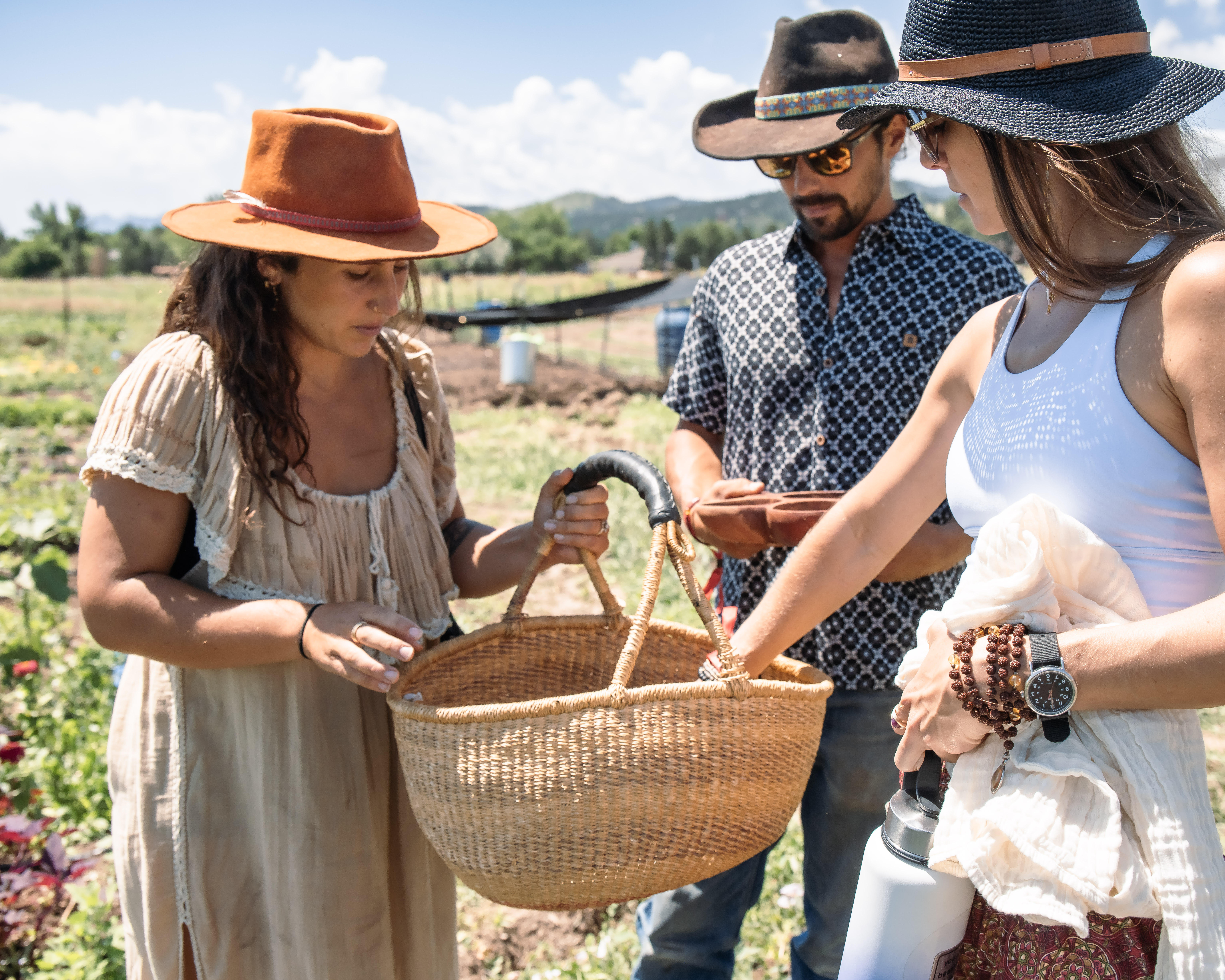
Nick DiDomenico & Marissa Pulaski
Farm Name: Elk Run Farm | Yellow Barn Farm
Location: Longmont Colorado
Age: All are 33
Time Farming: Elk Run since 2015, over 9 years; Yellow Barn since 2020.
In 2015, Nick DiDomenico set out to farm 14 deeply degraded acres in the foothills near Lyons, Colorado. There was only enough well water to irrigate less than an acre of de-vegetated property. When Nick reached out to the NRCS for advice on how to restore the land to a farmable state, they advised him to find another piece of land; without irrigation potential, there was no documented way to revitalize the land. From that moment, Elk Run Farm became a living experiment in how to restore deeply degraded land in a semi-arid climate without irrigation.
Today, Elk Run Farm is a thriving oasis in the high desert. Using passive water harvesting contour swales, 1000 trees and shrubs have been planted without irrigation, demonstrating a 79% survival rate across four years. What was a compact gravel parking lot is now five inches of rich topsoil that supports bioregional staple crops including blue corn, dry beans, amaranth, and grain sorghum. An average of 10 interns and residents eat 90% of a complete diet year round from the integrated forest garden, staple grain, and silvopasture systems on site.
In 2015, Drylands Agroecology Research (DAR) took over management of 14 deeply degraded acres on the Front Range of Colorado. The unprecedented regeneration of this land set the stage for our organization to grow.
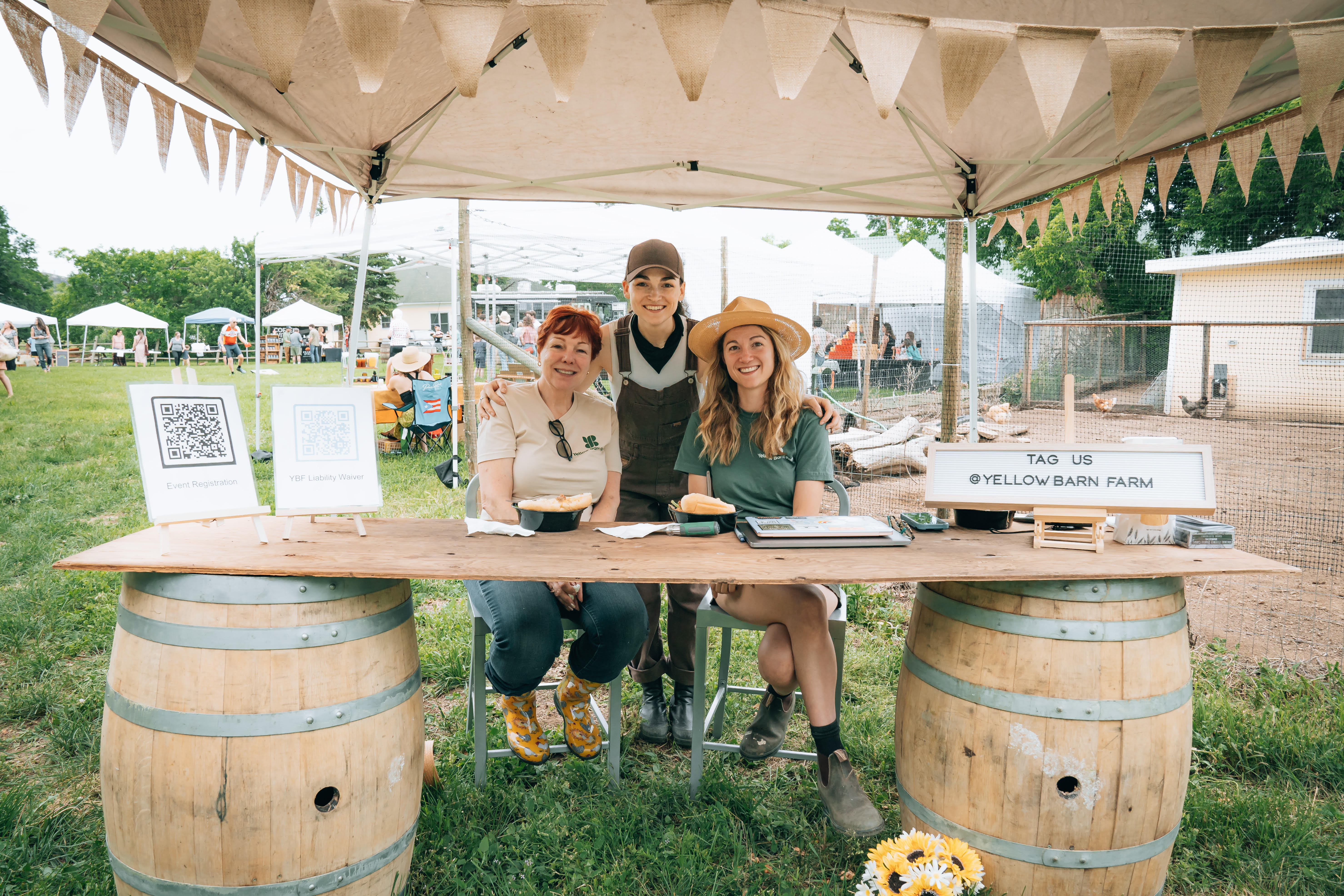
Azuraye Wycoff and family
Established in 1865, Yellow Barn Farms was originally Allen’s Farm– an international equestrian center operating as a large-scale event and boarding facility with over 50 horses and 100 riders. Yellow Barn revitalized the land for low-scale, high-quality food production, community-supported agriculture, and sustainability education. In partnership with Drylands Agroecology Research (DAR), Yellow Barn researches, implements, and practices regenerative farming, animal management, carbon sequestration, soil health, and dynamic/adaptable organizational structures.
For too long modern agriculture has ignored the call of the land, exploiting its gifts and decimating thousands of species — species integral to the health of our ecosystem — to serve a single one.
Now, it’s time to make amends with the land, its inhabitants, and its original stewards. By implementing circular, regenerative, closed-loop systems, we’re engaging in a reciprocal relationship with the land, offering services like composting, workshops, farm-to-tables, indigenous-led celebrations.
Why farming? What drew you to it as a livelihood?
This work is for the future. This work is so that our children can have a future. Not just any future, but a future worth getting up in the morning for. A future to take pride in, to savor, to relish, to enjoy the sweet victory of laughter that glows on late into a summer night. The taste of fruit off the vine. Together with music and the smell of warm food and smiles. That’s what we want our children to remember us by.
In the last 4 years, it has become even more clear to us the distress that so many are facing in this time. It has become even more clear what is at stake. It has become even more clear what we have to gain. But throughout, the original instructions continue to anchor us: take care of our home, this Earth; take care of each other.
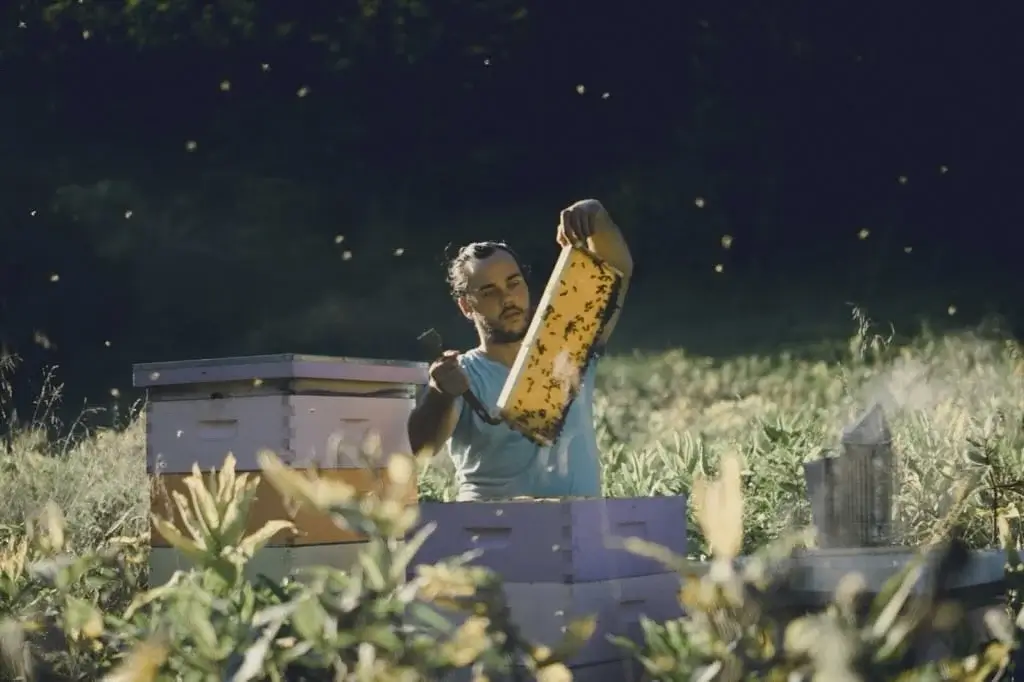
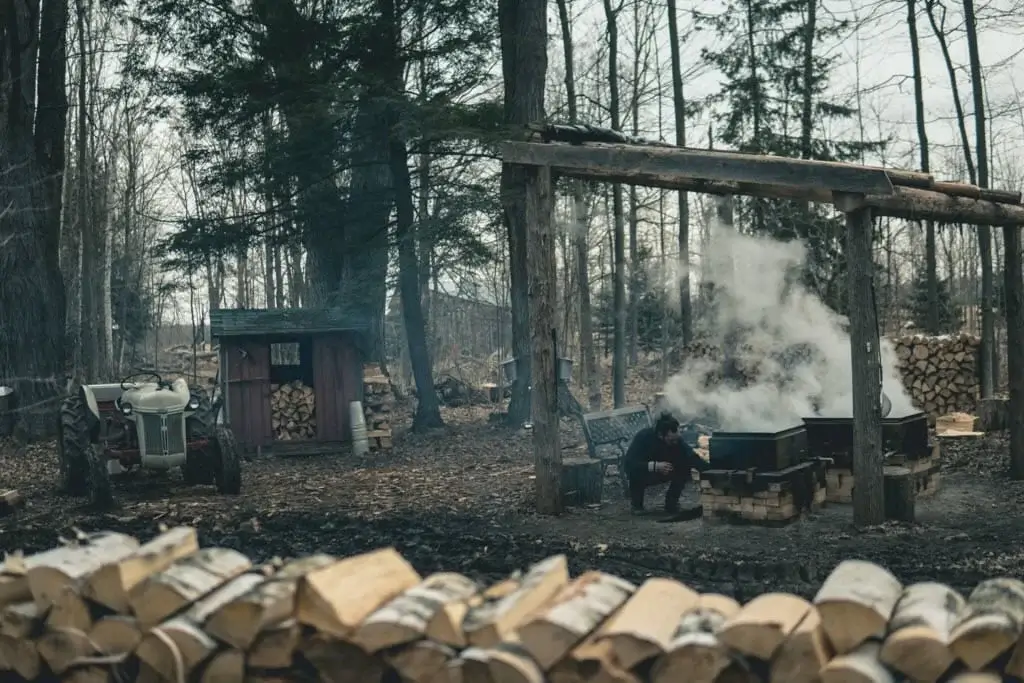
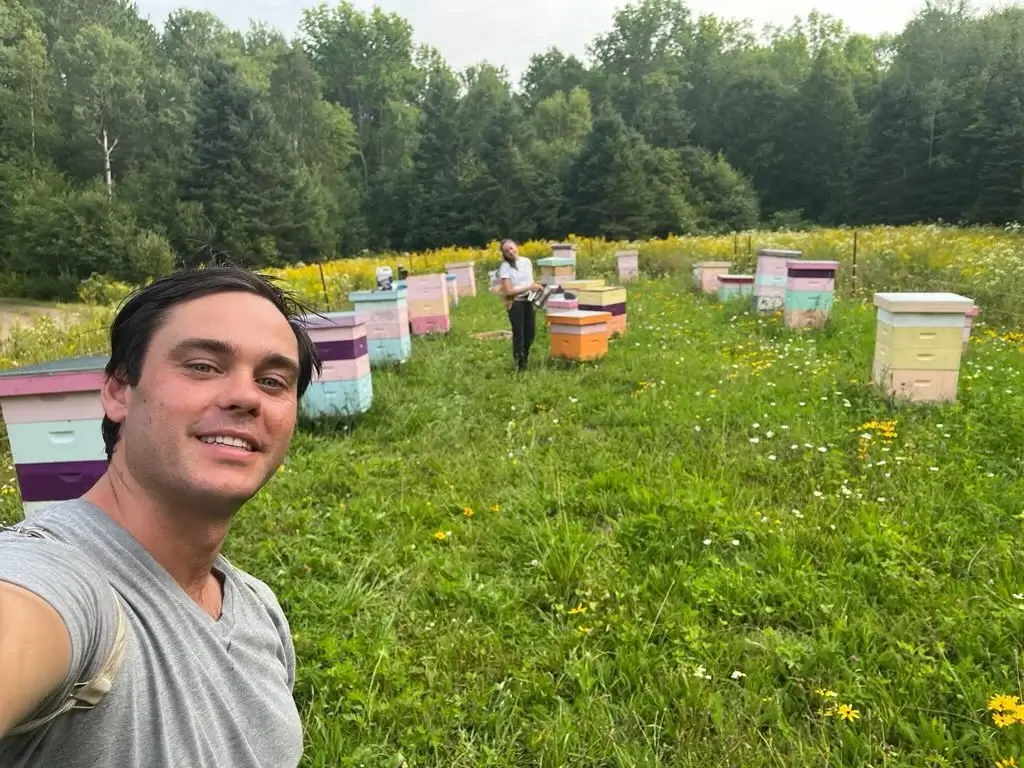
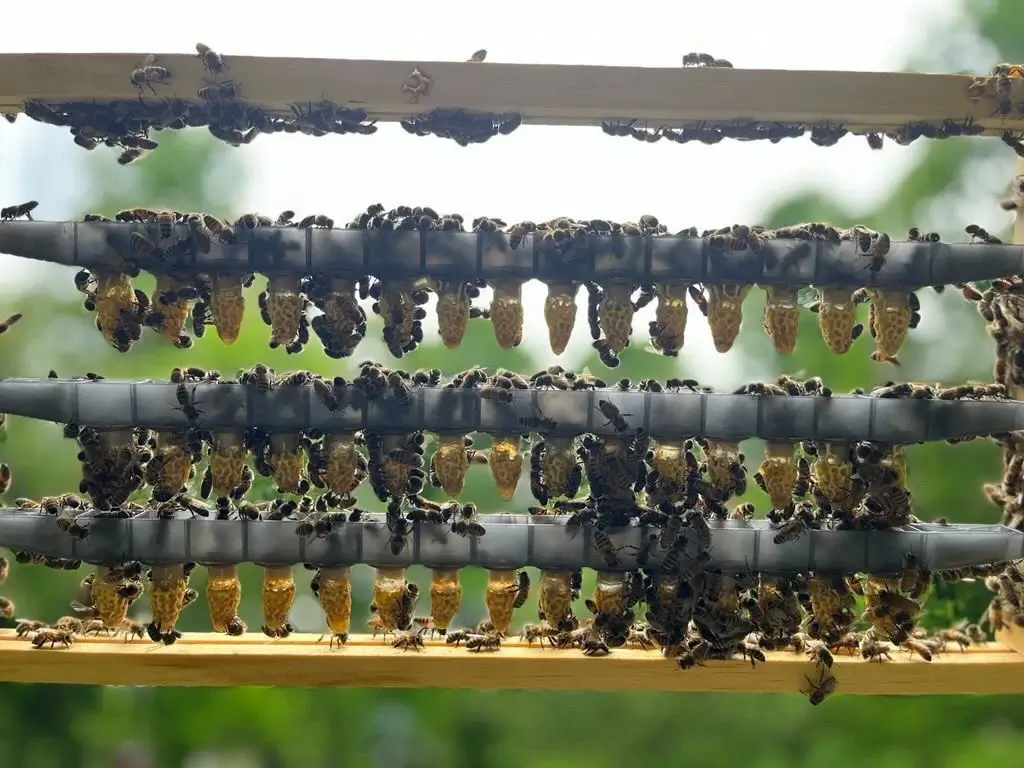
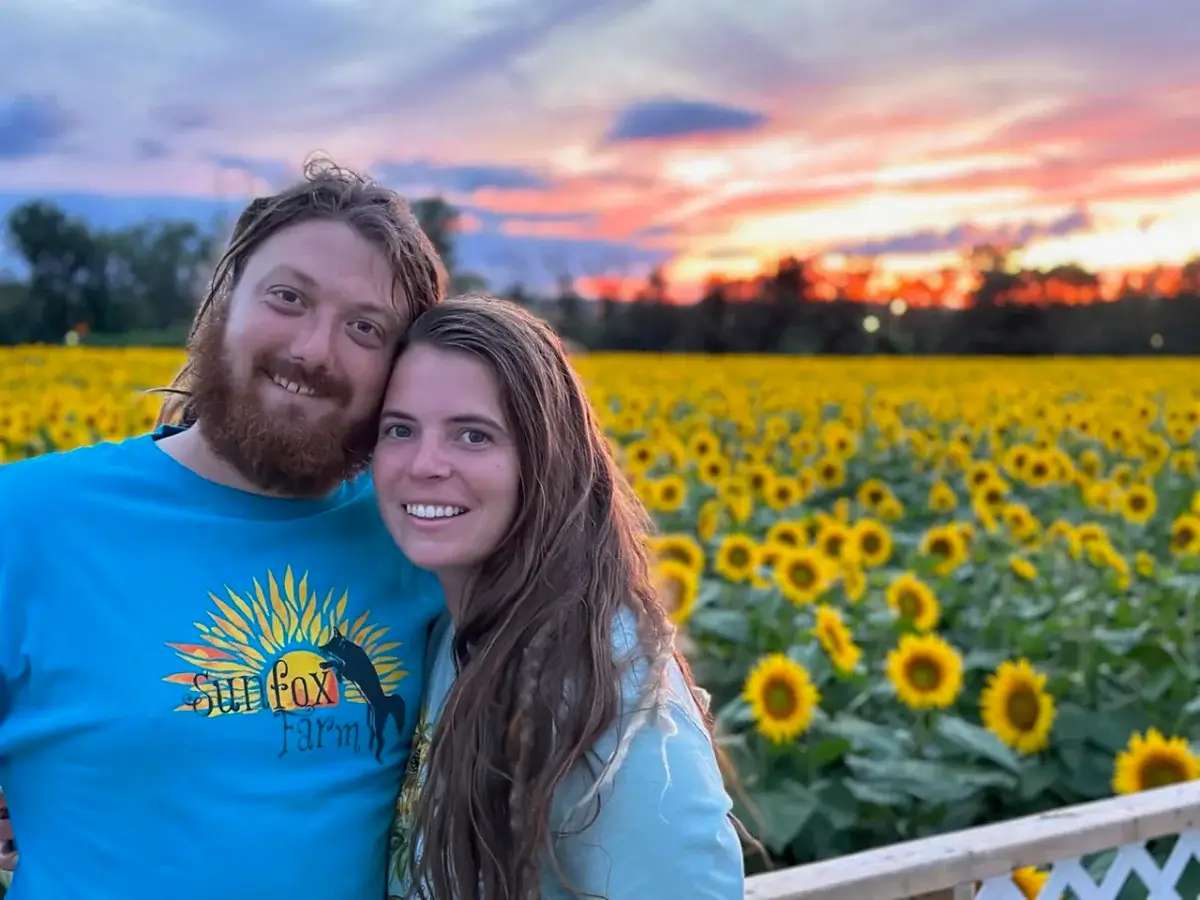
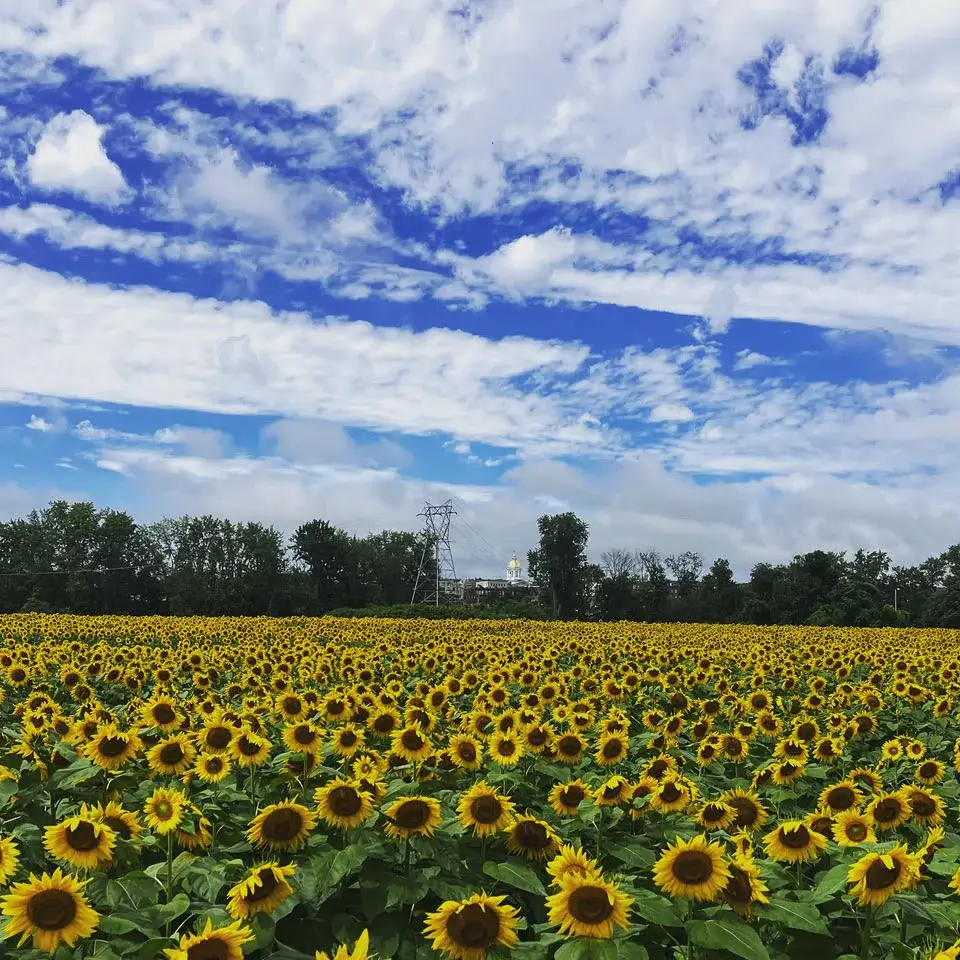
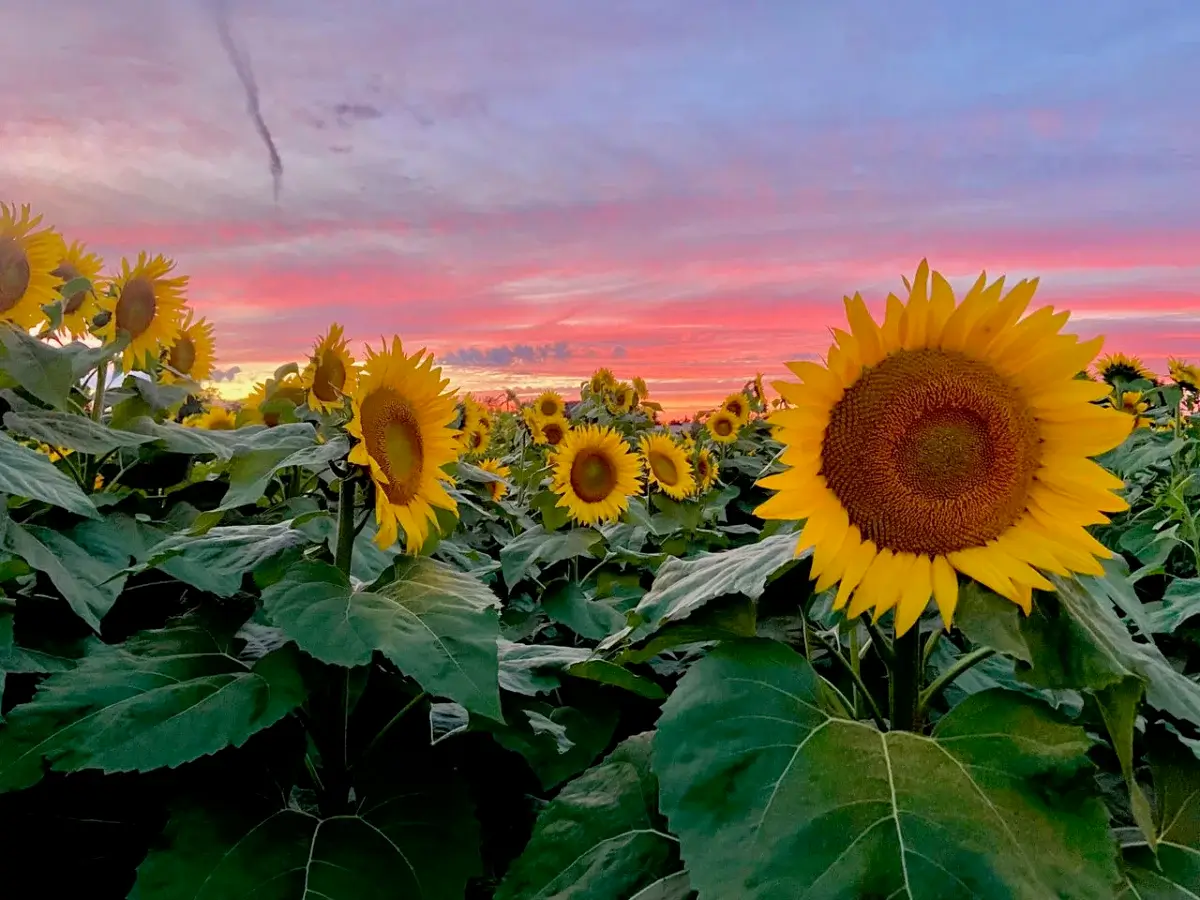
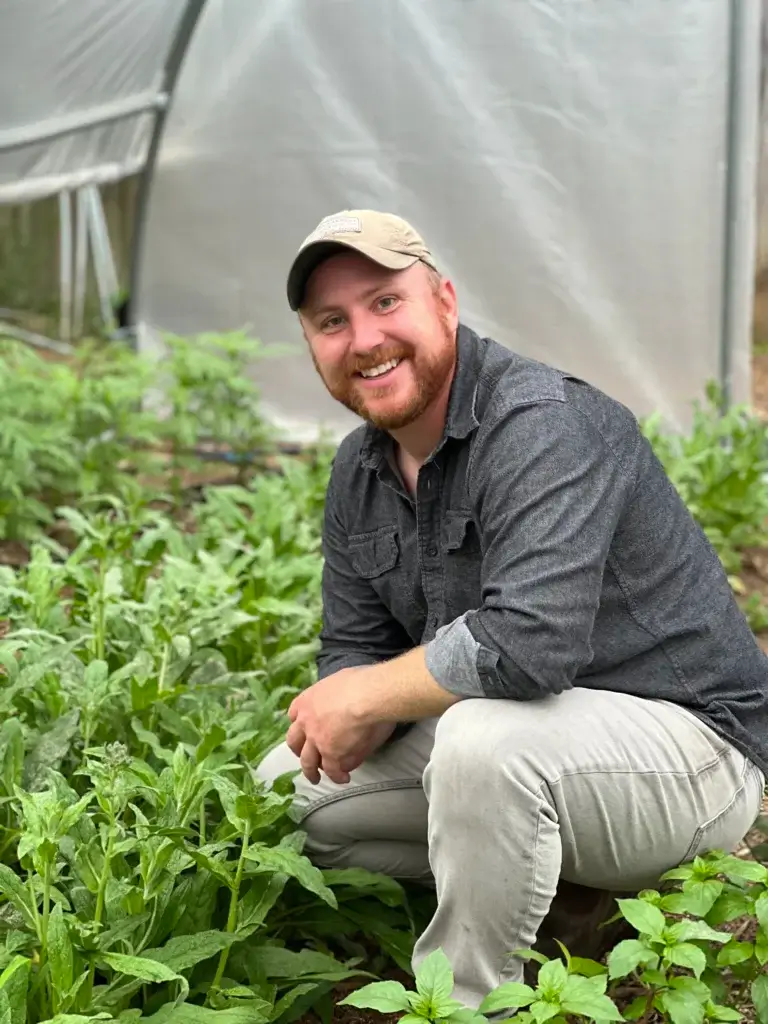
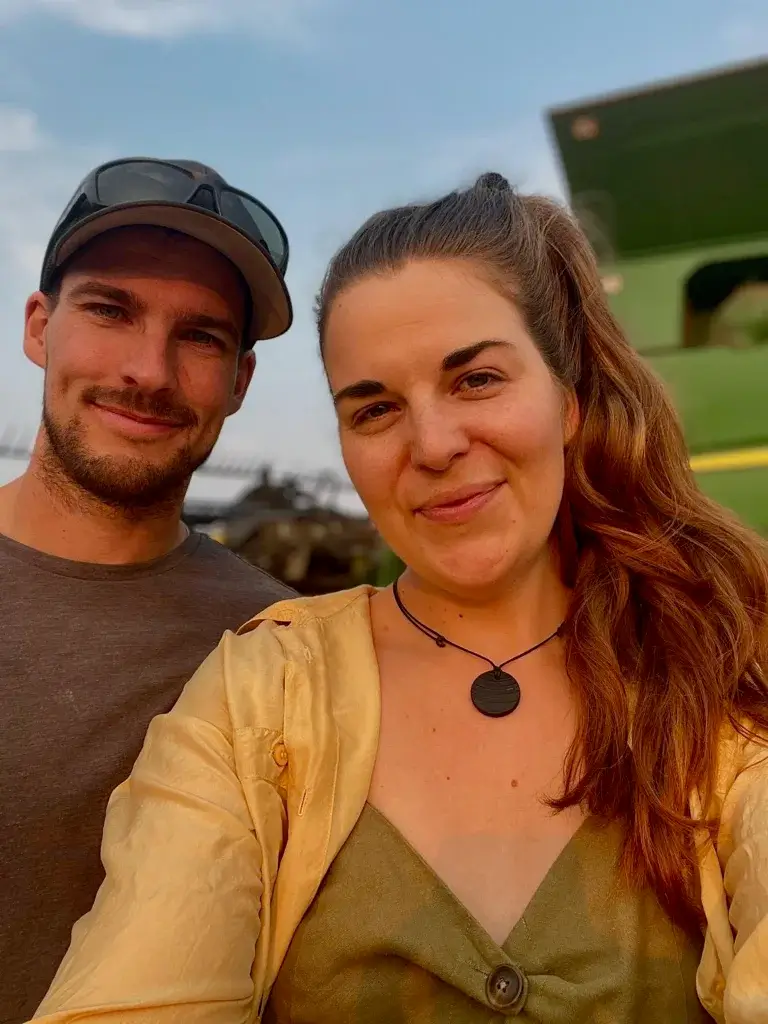
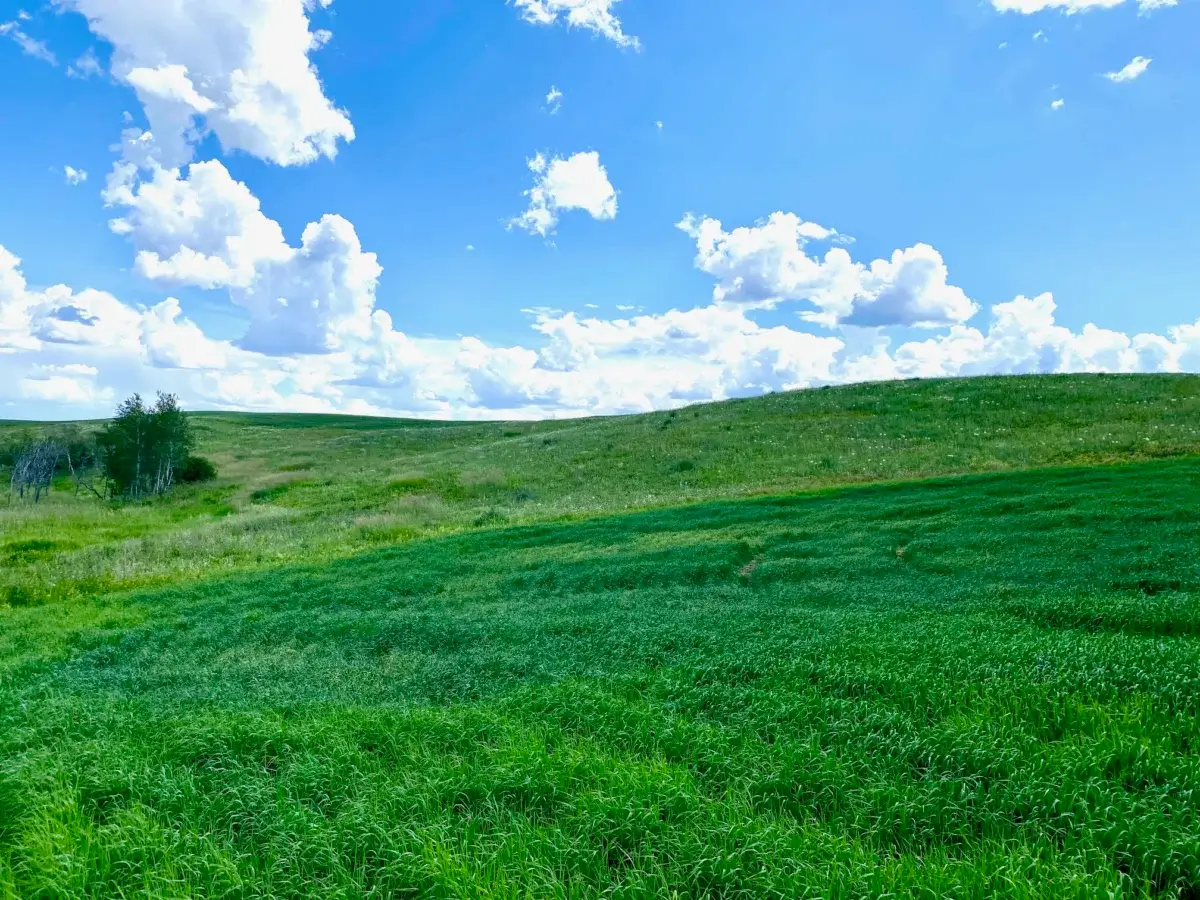
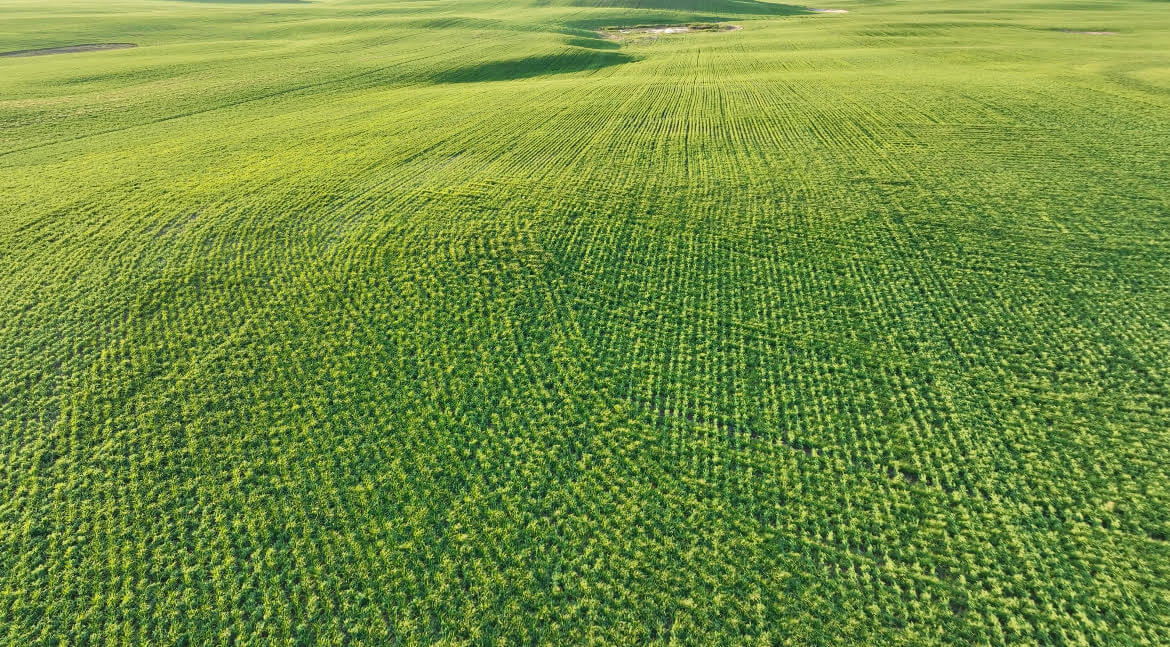
Wow! It is possible to say that they are so talented. I really admire them.